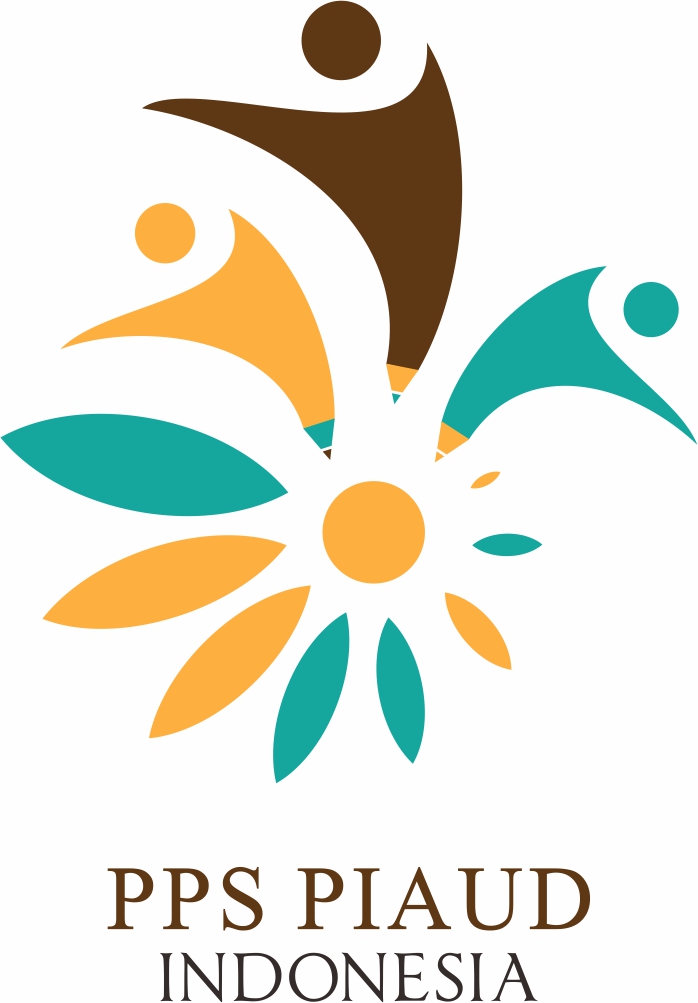An Analysis of Digital Literacy Level in Technical Aspects Among Fresh Graduates of Early Childhood Educators
Abstract
Keywords
Full Text:
PDFReferences
Aesaert, K., Voogt, J., Kuiper, E., & van Braak, J. (2017). Teacher Educators' Use of Digital Technologies: An Analysis of Educational and Technology Literacy in Teacher Education. Educational Technology & Society, 20(4), 1-12.
Amelia, Ulya. 2023. “Challenges of Learning in the Society 5.0 Era from an Educational Management Perspective.” Al-Marsus: Journal of Islamic Education Management 1(1):68. doi: 10.30983/al-marsus.v1i1.6415.
Burnett, C., & Merchant, G. (2020). Literacy, Technology, and Society. Oxford University Press.
Ching, Y.-H., Hsu, Y.-C., & Baldwin, S. (2018). Developing Digital Literacy for Teaching in Higher Education. Journal of Educational Technology & Society, 21(4), 147-157.
Dijck, J. V. (2019). The Culture of Connectivity: A Critical History of Social Media. Oxford University Press.
Dong, C. (2018). Preschool Teachers’ Perceptions of the Use of ICT in Early Childhood Education. European Early Childhood Education Research Journal, 26(2), 174-186.
Erstad, O. (2015). Educating the Digital Generation: Exploring Media Literacy for the 21st Century. Nordic Journal of Digital Literacy, 10(3), 5-15.
Facer, K. (2018). Learning Futures: Education, Technology and Social Change. Routledge.
Febrianti, Indri, Jihan Tuffahati, Ahmad Rifai, Rizky Hasan Affandi, Syakila Pradita, Rizki Akmalia, and Amiruddin Siahaan. 2023. “The Impact of Using Information Technology in Educational Planning Management to Enhance Educational Efficiency.” Academy of Education Journal 14(2):506–22. doi: 10.47200/aoej.v14i2.1763.
Heath, M., Lynch, S., & Walsh, T. (2020). Teachers’ Professional Development in Digital Literacy: A Study of Primary School Teachers in Ireland. Education and Information Technologies, 25(5), 4321-4335.
Hidayat, Ryan, Fauzi Rahman, Bambang Perkasa Alam, and Azhari Ikhwati. 2022. “Implementation of the Kirkpatrick Model Evaluation in the Training Program for Storytelling Techniques by Teachers at SDN Nagrak 01.” Community Development Journal : Journal of Community Engagement 3(3):1419–25. doi: 10.31004/cdj.v3i3.7816.
Koehler, M. J., & Mishra, P. (2009). What Is Technological Pedagogical Content Knowledge (TPACK)? Contemporary Issues in Technology and Teacher Education, 9(1), 60-70.
Kumpulainen, K., & Gillen, J. (2017). Learning and Literacy in Digital Worlds. Routledge.
Lana Fauziah, Junarti, Fifi Zuhriah. 2023. “Education Journal: SEROJA.” Seroja 2(3):86–97.
Literasi, Digital. 2022. “Indeks Literasi Digital.” LiterasiDigital (19):1–24.
McDougall, J., Zezulkova, M., van Driel, B., & Sternadel, D. (2018). Media Literacy versus Fake News: Critical Thinking, Resilience and Civic Engagement. Media Studies, 9(1), 115-131.
McLoughlin, C., & Lee, M. J. W. (2010). Personalized and Self-Regulated Learning in the Web 2.0 Era: International Exemplars of Innovative Pedagogy Using Social Software. Australasian Journal of Educational Technology, 26(1), 28-43.
Merchant, G. (2015). Keep Taking the Tablets: iPads, Story Apps, and Early Literacy. The Reading Teacher, 69(2), 197-207.
Mishra, P., & Koehler, M. J. (2006). Technological Pedagogical Content Knowledge: A Framework for Teacher Knowledge. Teachers College Record, 108(6), 1017-1054.
Ranieri, M., Bruni, I., & Faulkner, X. (2019). Digital Skills Development: An Empirical Study of Teacher Education Programs. British Journal of Educational Technology, 50(3), 1212-1223.
Selwyn, N. (2014). Digital Technology and the Contemporary University: Degrees of Digitalisation. Routledge.
Sri Mulatsih, Listiana, Sulastri Kakaly, Rinovian Rais, and Liza Husnita. 2023. “Community Empowerment in Realizing Digital Education Villages in the Technology Era” Community Development Journal 4(4):7113–20.
Sung, Y. T., Chang, K. E., & Liu, T. C. (2016). The Effects of Integrating Mobile Devices with Teaching and Learning on Students’ Learning Performance: A Meta-Analysis and Research Synthesis. Computers & Education, 94(2), 252-275.
Valtonen, T., Kukkonen, J., Kontkanen, S., Sormunen, K., Dillon, P., & Sointu, E. (2017). The Impact of Authentic Learning Experiences with ICT on Pre-Service Teachers’ Intentions to Use ICT for Teaching and Learning. Computers & Education, 102(2), 1-13.
Zubaidah, S. 2020. “21st Century Skills: Skills Taught Through Online Learning” (2):1–17.)
DOI: https://doi.org/10.15408/jece.v6i1.36941
Refbacks
- There are currently no refbacks.
Indexed by:
© Copyright CC-BY-SA JECE, p-ISSN: 2686-2492 e-ISSN: 2715-8918 |







